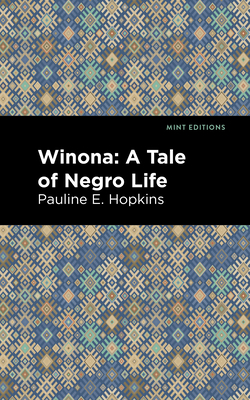
Bogland habitat, which is often threatened by peat extraction, has enormous natural history value. As well as the better-known plants, dragonflies and birds, it supports a unique community of microscopic animals and plants inhabiting the leaves and crevices of Sphagnum, the moss that dominates bog vegetation. Under the microscope, a single drop of water squeezed from bog moss reveals a wonderful diversity of complex and distinctive organisms.
The peculiar characteristics of this bog moss habitat are described, and the book introduces the natural history and ecological interrelationships of its microscopic organisms, focusing in particular on the more obvious and elegant groups: the desmids, diatoms, shelled amoebae and rotifers or wheel animalcules. Identification is assisted by numerous detailed line illustrations and by the coloured plates. User-friendly keys will help the reader to allocate specimens to a group, and to name the more conspicuous genera of flagellates, desmids, diatoms, shelled amoebae and rotifers, as well as some species of Sphagnum itself.







